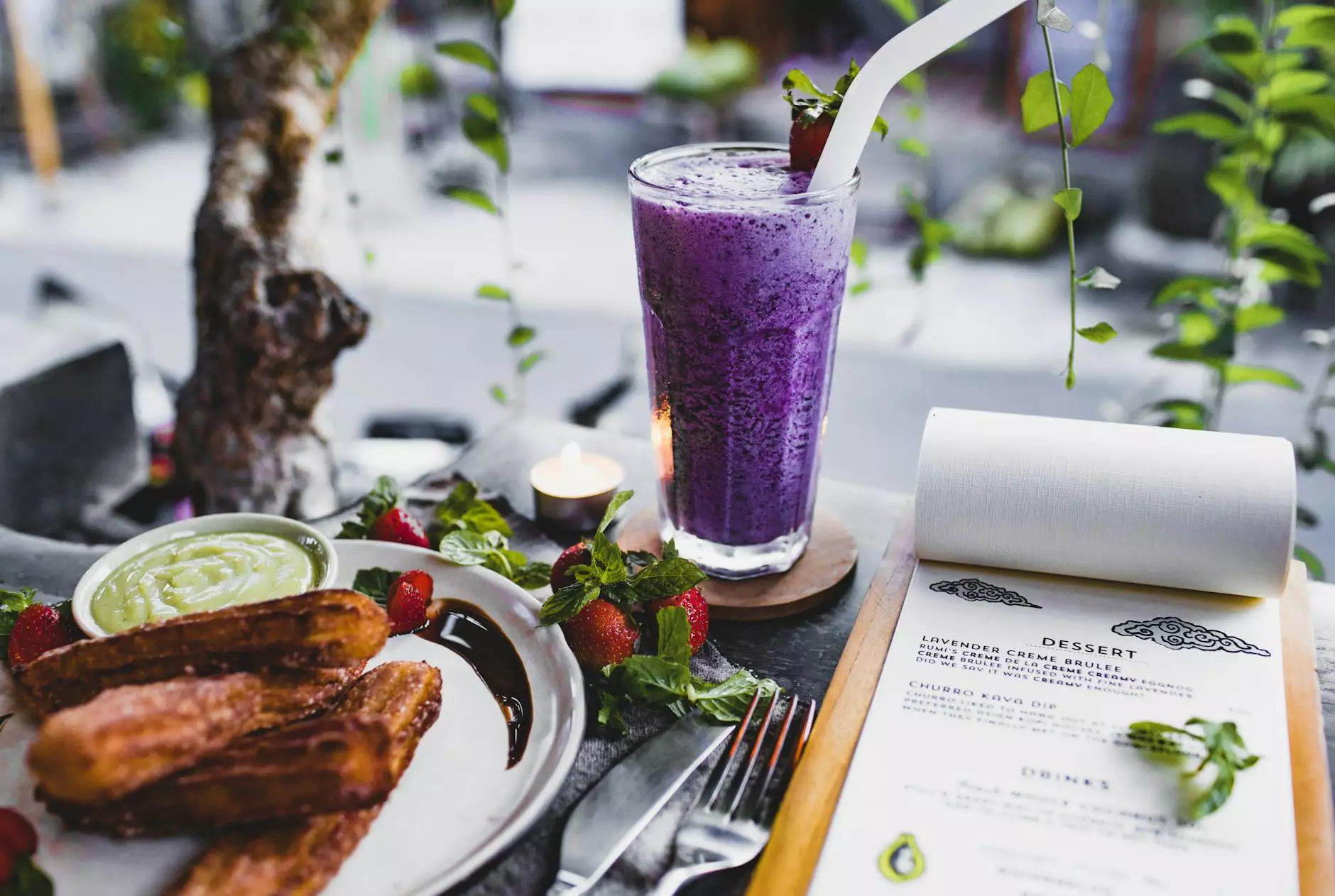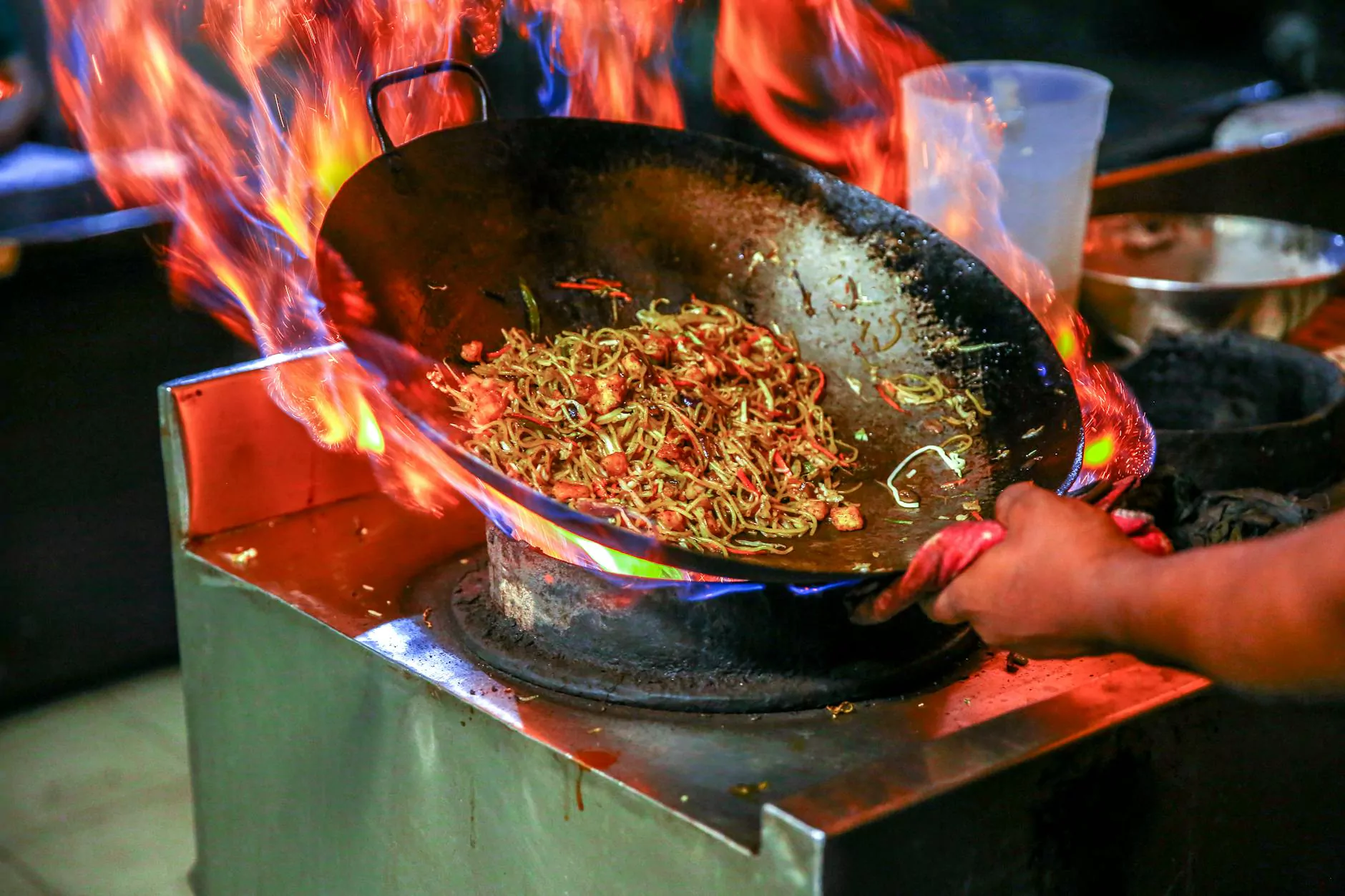The Versatility of Sugar Cane: Exploring its Many Uses

When it comes to the world of food and beverage, few ingredients offer the versatility and flavor profile of sugar cane. From its origins as a sweetening agent to its now myriad uses in culinary creations, sugar cane plays a significant role in the development of delectable dishes and delightful drinks.
The Rich History of Sugar Cane
Sugar cane, scientifically known as Saccharum officinarum, has a rich history dating back thousands of years. Believed to have originated in Southeast Asia, this tall perennial grass quickly spread throughout the world, becoming a vital crop for many civilizations.
In the early days, sugar cane was primarily cultivated to satisfy a sweet tooth. Its succulent stalks were harvested, and the juice was extracted to produce sugar. However, as time went on, people discovered the numerous other uses of this incredible plant.
Restaurants: Taking Sugar Cane to New Heights
In the realm of restaurants, sugar cane has found a firm footing as an ingredient that adds depth and complexity to various dishes. Its unique flavor profile can be subtly incorporated into recipes, providing a touch of natural sweetness.
One popular application of sugar cane in restaurants is its utilization in marinades and glazes. The essence of sugar cane infuses into meats and seafood, creating a delightful caramelized exterior that tantalizes the taste buds.
Moreover, sugar cane can also be transformed into syrup, which serves as an appealing alternative to traditional sweeteners. This rich and amber liquid is a beloved adornment for pancakes, waffles, and French toast, acting as a luxurious finishing touch.
Bars: Elevating Cocktails with Sugar Cane
In bars across the world, cocktail enthusiasts are familiar with the role of sugar cane in crafting exquisite beverages. Its nuances, when skillfully harnessed, can elevate a cocktail from good to extraordinary.
One classic example of a sugar cane-infused cocktail is the Mojito. This refreshing concoction combines the crispness of mint leaves, zesty lime juice, and the natural sweetness of sugar cane syrup, resulting in a harmonious blend of flavors.
Besides acting as a sweetening agent, sugar cane can also be transformed into molasses. This viscous liquid, with its robust and deep flavors, is a popular ingredient in the creation of rum, adding complexity and character to this beloved spirit.
What is Sugar Cane Used For?
Sugar cane has a multitude of uses beyond culinary applications. One of its prominent uses is biofuel production. As the world seeks sustainable alternatives to fossil fuels, sugar cane emerges as a valuable source of renewable energy.
The stalks of sugar cane can be processed into ethanol, which is used as a biofuel in many countries. This clean and environmentally friendly energy source helps reduce greenhouse gas emissions, making sugar cane an eco-friendly crop.
Furthermore, sugar cane fibers are also used in the production of paper and packaging materials. The durable and sturdy nature of these fibers ensures that the resulting products are both sustainable and resilient.
Conclusion
In conclusion, sugar cane's rich history and diverse applications make it an indispensable ingredient in the realms of restaurants and bars. From infusing flavors into delicious dishes to creating delectable cocktails, sugar cane adds a touch of magic to culinary experiences.
Furthermore, its potential as a renewable energy source and its role in sustainable packaging highlight the importance of this versatile plant. As we continue to explore its potential, sugar cane will undoubtedly keep surprising us with new and exciting applications.










